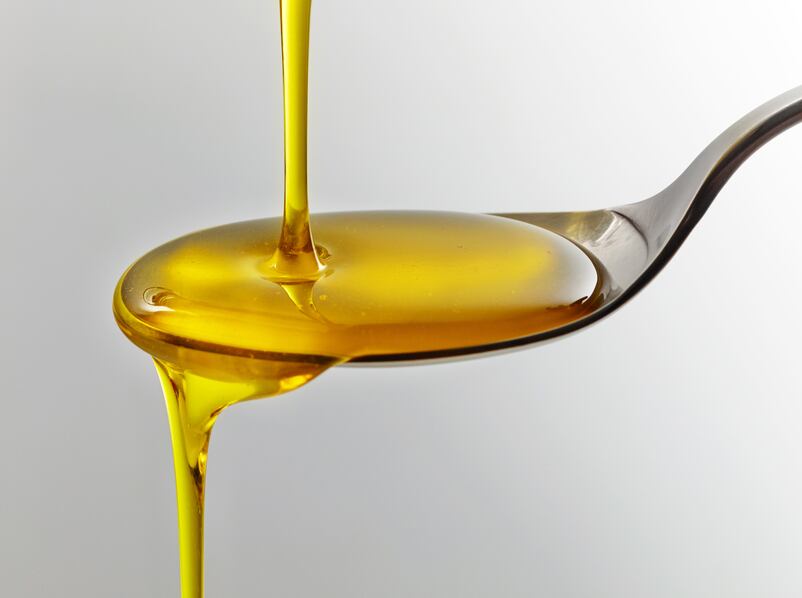The findings, published in the Journal of Clinical Lipidology, found replacing animal-based saturated fats for the plant-based polyunsaturated fat (PUFA), safflower oil resulted in greater weight loss, lower blood pressure and triglyceride levels, and increased dilation of blood vessels.
Remarkably, 25% of PUFA subjects, who had metabolic syndrome (MetS), were found to be metabolically normal after the study compared to 10% of individuals, who were consuming monounsaturated fats (MUFA).
These findings raise the possibility that PUFA may be the unsaturated fat of choice to reduce cardiometabolic risk in patients with MetS.
Safflower oil (high-oleic sunflower oil) is extracted from the seeds of the Safflower (Carthamus tinctorius L.) for the commercial cultivation of vegetable oil. Safflower seed oil is flavourless and colourless, and nutritionally similar to sunflower oil.
The study

In the study, the team from the University of Maryland School of Medicine, enrolled 39 participants with metabolic syndrome in the six-month study.
Each subject’s weight had been stabilised on a special diet for 1-2 months prior to enrolment.
These subjects were then asked to consume either 3 MUFA-enriched or 3 PUFA-enriched muffins daily with additional supplementation as required to ensure a 25%–50% increase in dietary fat intake from these sources.
During the study, participants were encouraged to exercise by walking at least three days a week for 30-45 minutes.
"The muffins were from a U.S. Department of Agriculture (USDA), recipe developed specifically for this study,” commented lead author Dr Michael Miller, professor of cardiovascular medicine at the University of Maryland School of Medicine.
“PUFA may be the choice for saturated fat for those who are overweight, have hypertension, diabetes, or the metabolic syndrome."
Recent data suggests PUFA (but not MUFA) activates signalling in the brain to reduce appetite, which may be one reason for the bigger weight drop between the groups.
Lack of studies

Few studies have directly compared a MUFA or PUFA-enriched low-calorie diet that is lower in saturated fatty acids (SFA) on the characteristics of MetS.
This is an important because long-term improvement in these metabolic parameters could translate into reduced risk of CVD complications associated with MetS.
The optimum type of unsaturated fat has been the subject of great debate. Higher intake of MUFAs has been associated with reduced CVD risk in some studies, whereas other studies identified PUFAs to be more cardioprotective.
Intake of MUFA or PUFA has been shown to reduce inflammation, although it is suggested that MUFA may be more potent than PUFA at reducing oxidation of LDL particles and decreasing platelet aggregation.
The team believed that although not demonstrated in this study, the anti-inflammatory actions of PUFAs were potential mechanisms to reduce CVD risk in MetS and type-2 diabetes.
“The reduction in inflammatory responses from fatty tissue is associated with increased insulin sensitivity, all of which could reduce triglyceride production in MetS,” the study noted.
“Nevertheless, these metabolic advantages of PUFA compared to MUFA intake are relatively modest, and to some extent, consistent with weight loss contributing to the observed metabolic benefits.”
Source: Journal of Clinical Lipidology
Published online ahead of print, DOI: http://dx.doi.org/10.1016/j.jacl.2016.04.011
“Poly is more effective than monounsaturated fat for dietary management in the metabolic syndrome: The muffin study.”
Authors: Michael Miller et al.
